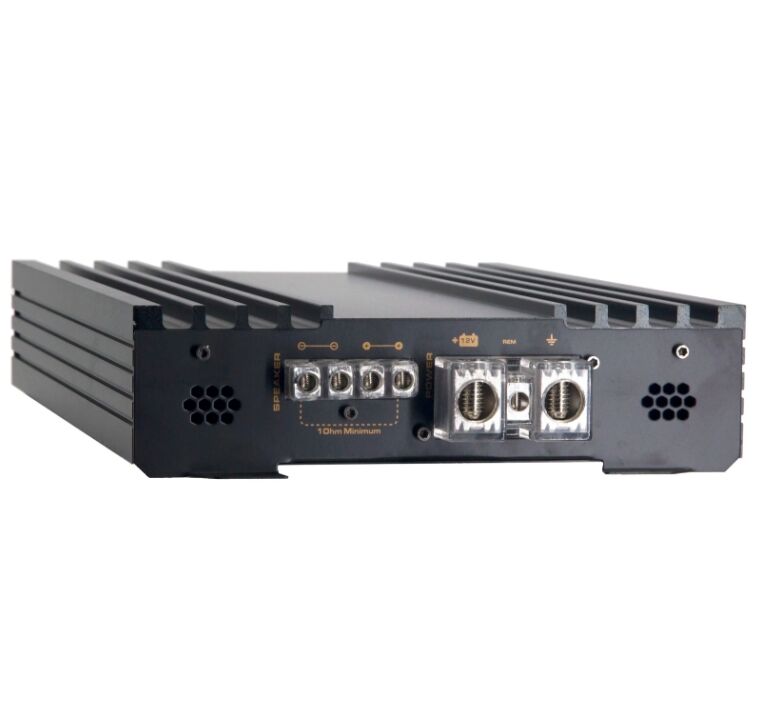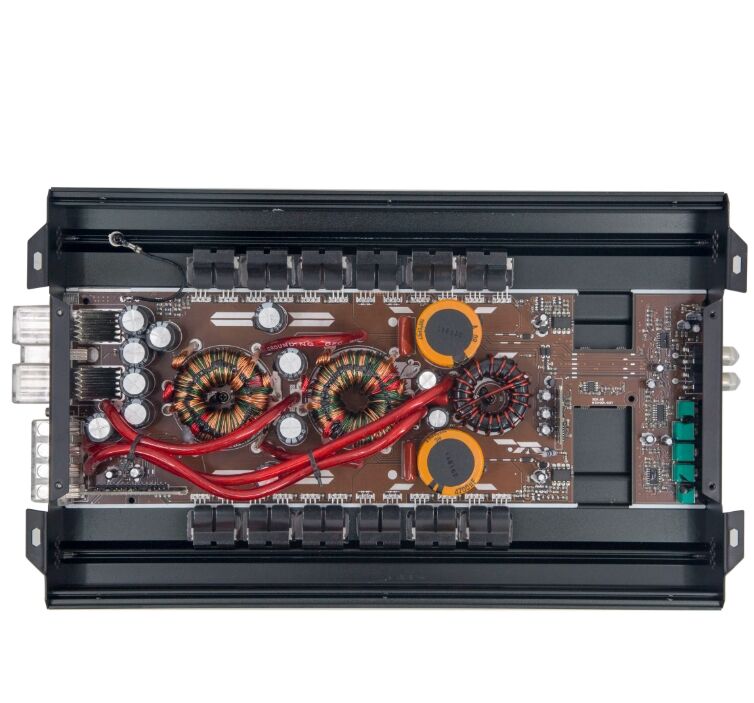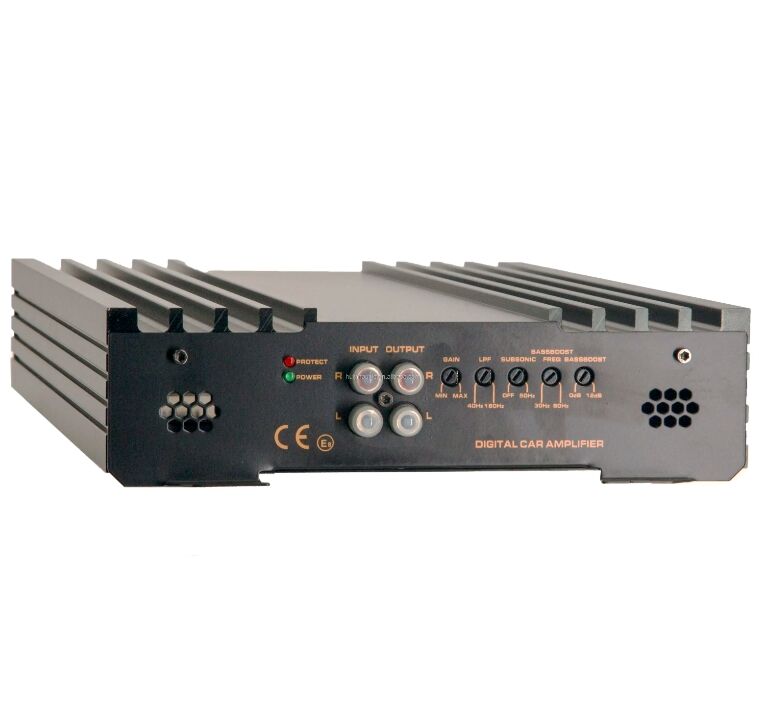An analog car amplifier operates using continuous electrical signals to amplify audio input, maintaining the natural warmth and richness of sound that many audiophiles cherish. Unlike digital counterparts, which convert signals into binary code, analog amplifiers process sound as a smooth, unbroken waveform, preserving subtle nuances in music such as vocal inflections and instrumental harmonics. These amplifiers typically use traditional transistor or tube based designs, with components that respond dynamically to the varying voltage of the input signal. This dynamic response ensures that the amplified output closely mirrors the original audio, delivering a more organic listening experience. Analog car amplifiers are particularly valued in setups where sound authenticity is prioritized, such as classic car audio systems or installations focused on acoustic music genres. They often feature fewer processing stages, reducing the potential for signal degradation, though they may require more careful tuning to avoid distortion at higher volumes. Additionally, analog amplifiers tend to have a more linear frequency response in the midrange, making them ideal for reproducing vocals and acoustic instruments with clarity. While they may consume more power than some digital models, their ability to convey emotional depth in music remains a key advantage for discerning listeners seeking a true to life audio experience in their vehicles.


